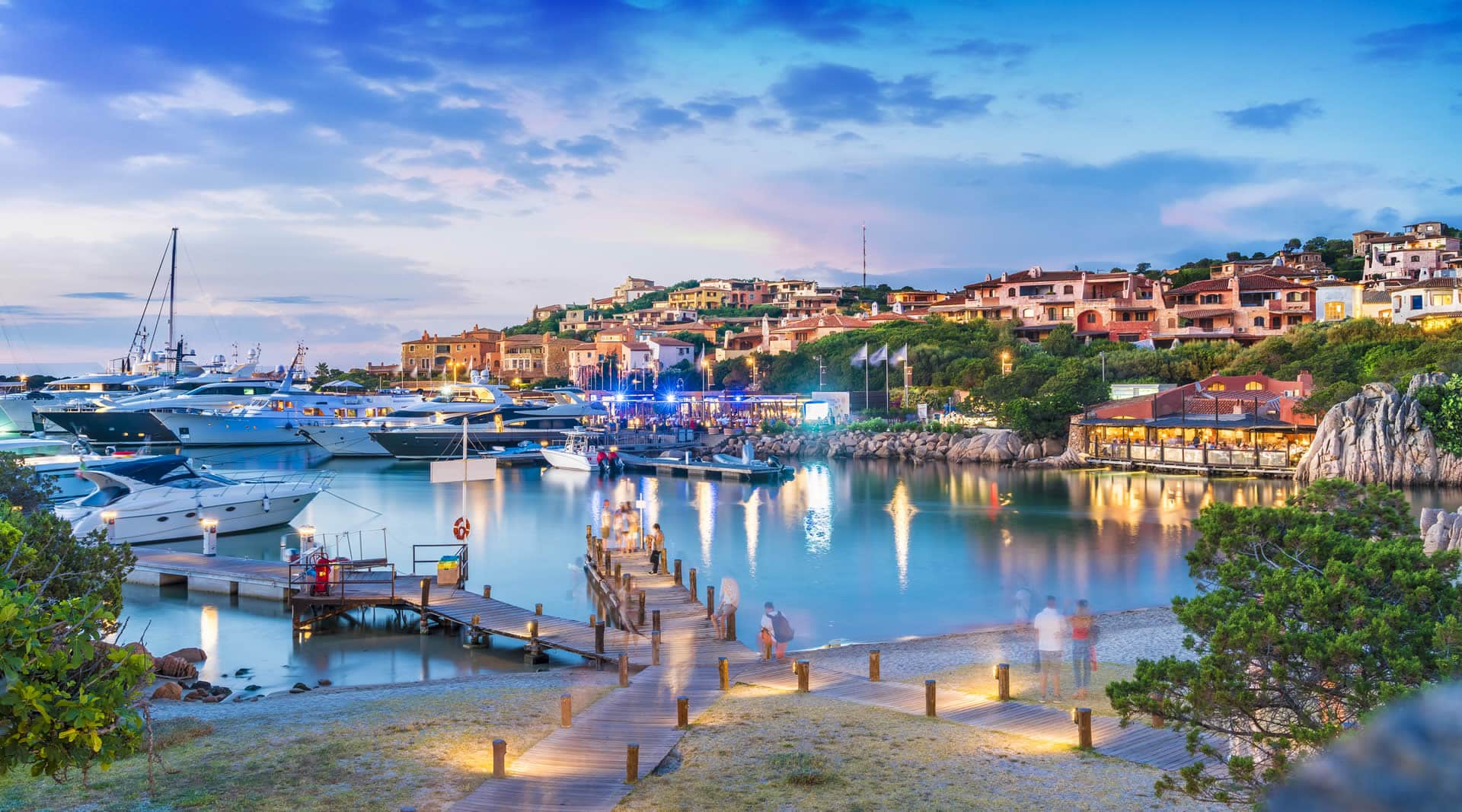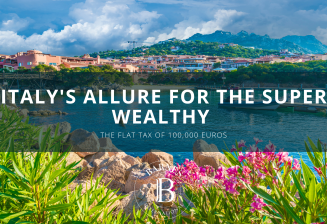Sardinia Post Covid-19

Mario Ferraro, vice president of the Costa Smeralda Consortium, on Il Sole 24 ORE on the subject of tourism to come
*
How will the way of traveling and holidays change? How will post-pandemic tourism evolve and what are the opportunities and challenges that change will offer us?
These are questions that, in this period marked by the Covid-19 emergency, and with the entry into Phase 2, we ask ourselves more and more, in an attempt to balance the desire for freedom and leisure with uncertainty about the future and limits on thoughts of escape
The following is a discussion of the new configuration of the tourist world following the crisis that is affecting all sectors of the sector, a discussion that will be merciless but I believe it is necessary to deal with hypotheses that arise from the analysis of real data rather than from forecasts on the best intentions
I would like to start from a macro consideration on the consequence that this more accessible world in which we live has determined modern tourism: from a phenomenon of unsustainable “overtourism” that has characterized the last decade, we will move to a phase of “undertourism” in which certain emblazoned destinations will go from exclusive to excluded, supplanted by new selection criteria, in particular by the desire for a more personal, deeper, more protected and more sustainable holiday.
The crisis has exposed the fragility of the globalized world which, perhaps, precisely because it is too mobile and too interconnected, has favored the spread of the virus that has paralyzed it
It is possible that an era of tourist de-globalization will begin in which the rediscovery of small villages and indigenous cultures will be privileged, places that were previously less in vogue, quiet areas surrounded by nature, uncrowded places, spaces will be considered open, even if with a lower offer of services
The search for “space” will establish itself as a trend, it will become the driving added value especially in the luxury tourism segment and the destinations able to position themselves as destinations with low tourist density will emerge in this new competition
The pandemic will change social customs, our culture and our scale of values. The rhythm of our life will slow down and the great impact that all this will have on tourism will be seen in the mutation of social habits that have always been considered impossible to eradicate. Travel will decrease, travel to your country and to neighboring ones will be preferred to long-haul routes
The airline industry will experience an acute phase of contraction in demand, there will be fewer flights and those who travel will prefer to do so by car, at least for this year, and probably also for the next
The periods of enjoyment of the holidays will slip, instead of the usual concentration in the months of July and August there will be a greater distribution throughout the year, and the way of interpreting them will change, there will be a return to the typical holiday resort of the 60s and ’70 and, for some time, we will put aside the “hit and run” opportunities to abandon ourselves to a more stable and peaceful break. Many will prefer a house to rent over the hotel
We had the opportunity to meditate on how addicted our lifestyle is – perhaps – too much to the exhibitionism and superficiality of digital life which for many has more intensity than real life. We had the opportunity, and time, to reflect on the essential values, on what we really want and want
Before the pandemic, overcrowded places were synonymous with fun and success, it was obvious that the attraction of a destination depended only on its nightlife. The charm of the places visited was often “obscured” by the frenzy of taking the perfect photo to post on your profile to have the most “likes”, leaving the search for the true essence of the destination unexplored
Now, on Instagram those places appear as memories of a past life, as something that has been deprived of you, they are the dream and the hope of being able to return to that place, not for a photo, but to really appreciate it
This is what will change, at least for a while. “The real voyage of discovery consists not in seeking new lands, but in having new eyes” said Marcel Proust and today more than ever this image appears contemporary, seeing and perceiving things in an authentic and instinctive way, a holiday in which freedom and serenity are sensations to be experienced first and foremost
The “new tourism” and the crisis generated by the pandemic will have consequences not only in the social sphere, but also in the economic sphere, and the tourism sector, which has been in serious suffering for months, will suffer an inexorable wear and tear in the long term with effects on the induced and everything connected to it
The lower flows will involve the entire sector, highlighting the unsustainability of the mass tourism system: airlines will close, many hotels will not be able to reopen and many other tourism companies will suffer the effects of the crisis for years. Low-cost tourism is likely to be more affected than the elite segment, as weaker social classes will have fewer resources to devote to leisure due to the economic crisis
The OECD says that the shock of the 2020 pandemic could cause a 45-70% contraction in the international tourism economy for the whole current year. More specifically, according to Assoturismo estimates, our country will lose about 60% of tourists this year, ending 2020 with around 172 million presences, levels that were recorded in the mid-sixties, when the world population was the half of today, the world was divided into blocks in the middle of the Cold War and air travel was the preserve of a few
Tourism is also one of the central themes in the debate of our Region, Sardinia, where – according to the scenario proposed by an analysis by Demoskopika – for the current year the island could lose about 6 thousand workers. Not only that, around 1,500 companies are at risk of bankruptcy and in the first quarter of 2020 there were already 354 cessations of tourism businesses in Sardinia, with a negative balance of 241 companies. There are only 113 new registrations to date
For the restart, the “new normal” must include changes of all kinds: practical and hygienic-sanitary measures, safe travel arrangements, social distancing, safety regulations in public places, hotels and beaches
Sardinia, precisely for its territorial characteristics with a predominant and uncontaminated nature, with large spaces, is one of the regions that can aspire to the positioning of the ideal destination for low tourist density, where to spend a safe holiday
There is a desire to start again with creativity and innovation, with the awareness and need for more sustainable tourism that is more attentive to nature, people, feelings, fears of these months and the psychological aspect of the new social life.
Finally I would have liked to leave you wondering if at the end of everything, at the end of the pandemic, the sense of a new humanity will prevail or if everything will return as before, but, since I don’t like surprises, I will do my best to make so that the first hypothesis, as stated by our corporate mission, to make everyone live in a more hospitable world come true
* CEO Smeralda Holding, Vice President of Confindustria in the Center of North Sardinia with delegation to Tourism and Vice President of the Costa Smeralda Consortium
(Speech published in the Sole 24 Ore on Sunday 17 May 2020)

 It
It  Fr
Fr 

